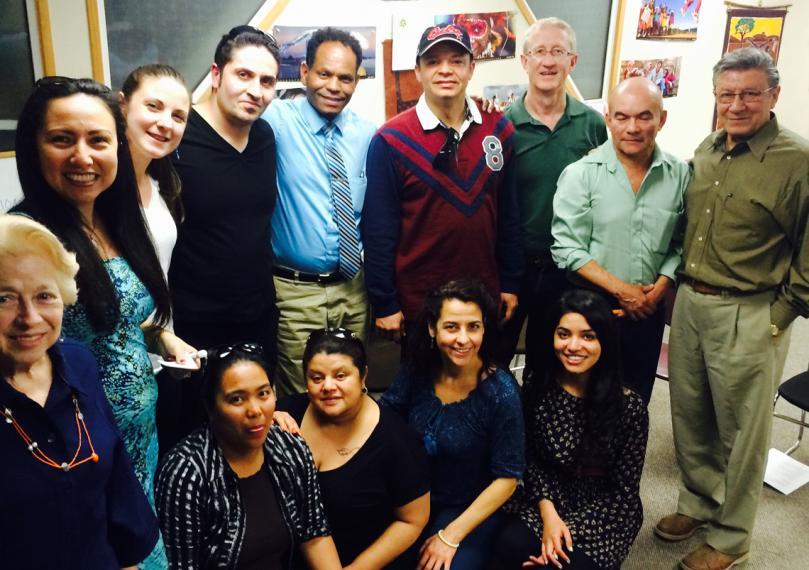
Designing with intelligence: OAC prof explores how AI can shape the future of landscape architecture
From parks to restored natural habitats, landscape architects help sustainably shape the outdoor spaces that connect people and land. While the discipline has traditionally relied on hands-on, human-centered methods, it has been slower to adopt emerging technologies like artificial intelligence (AI) or augmented reality. OAC’s Afshin Ashari, assistant professor in the School of Environmental Design and Rural Development, is working to change that.




